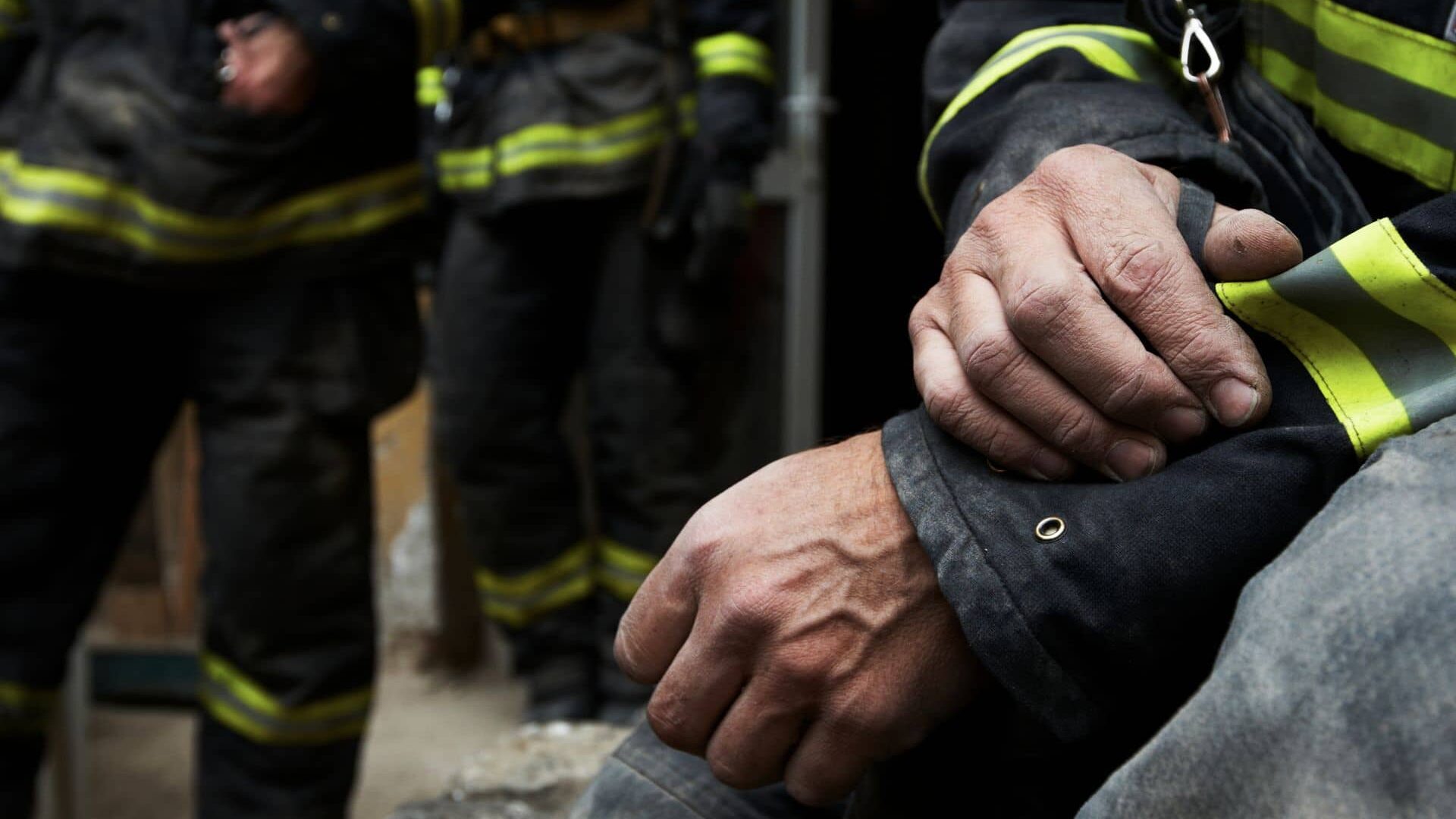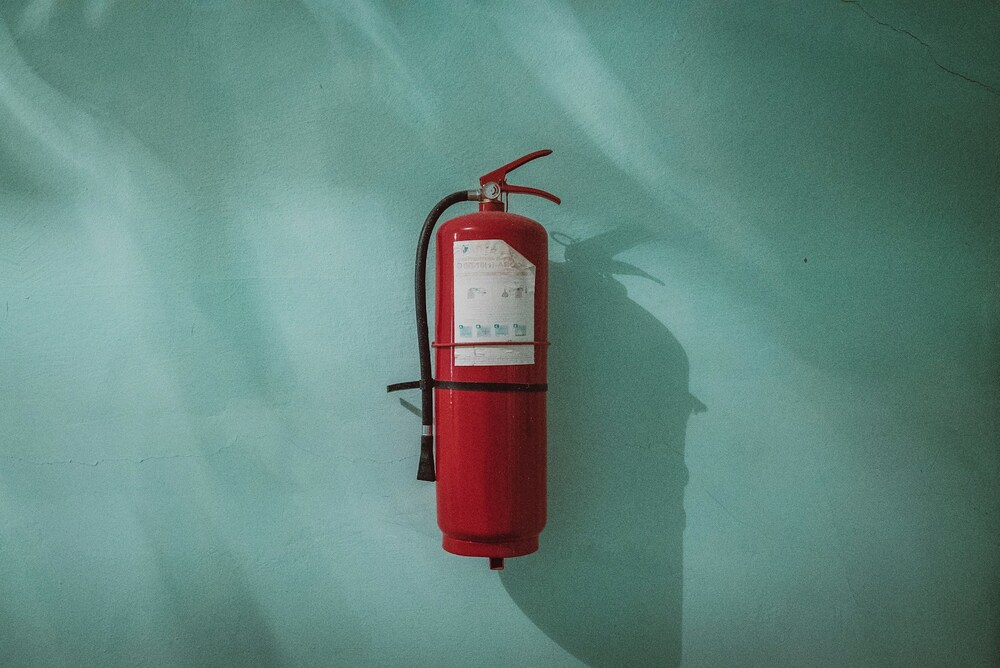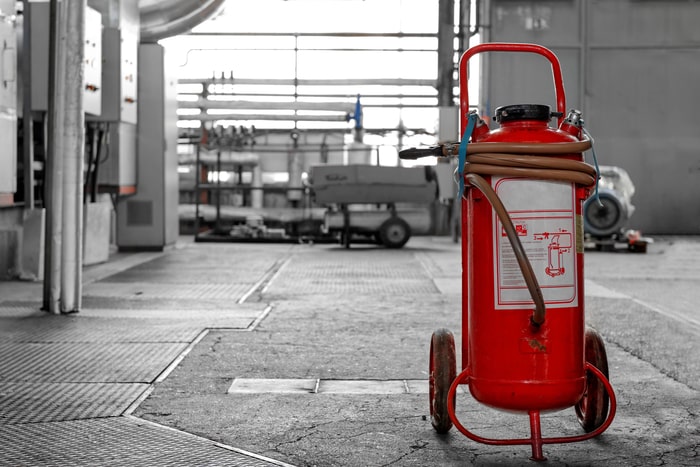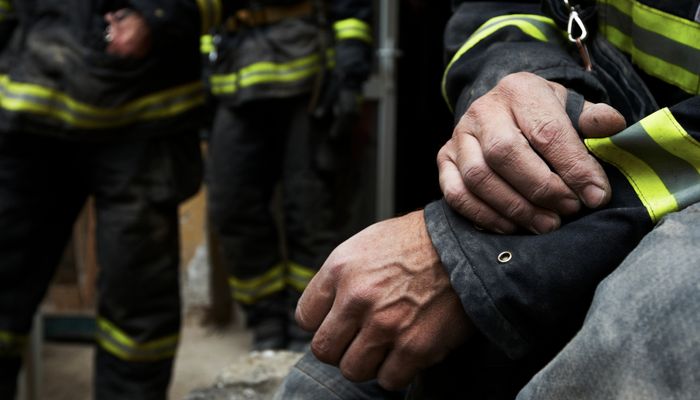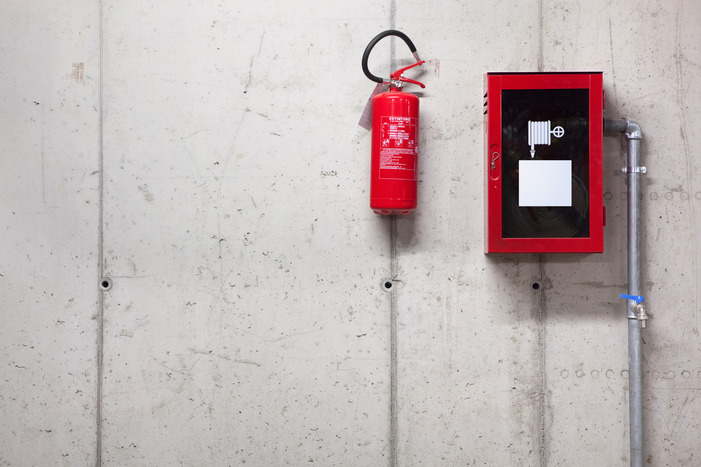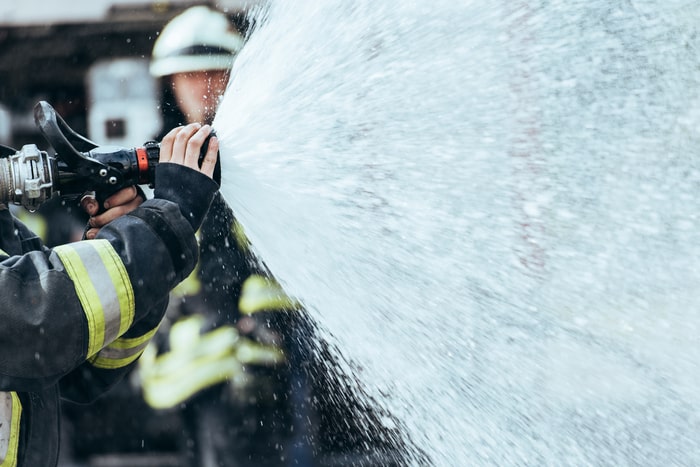Regular Fire Watch Training
Contents
Regular Fire Watch Training
Fire watch security is only as effective as the training provided to the personnel on the ground. In 2025, the importance of regular and comprehensive training for fire watch guards cannot be overstated. Whether they are patrolling a construction site, a high-rise building, or a festival ground, guards must be fully prepared to handle any situation that arises.
Regular training ensures that they have the skills and knowledge to detect potential hazards, respond to emergencies, and maintain compliance with local regulations.
Training is not just a one-time event; it is an ongoing process that keeps guards up-to-date with the latest techniques, technologies, and regulations. Fire watch guards must be familiar with the specific risks associated with their assigned locations, as well as the tools and equipment at their disposal. This includes understanding how to use smart devices, interpret real-time data, and operate fire suppression equipment. Regular training also reinforces the importance of vigilance and attention to detail, which are critical in preventing fires.
Comprehensive Training Programs
A comprehensive training program for fire watch guards covers a wide range of topics. It begins with basic fire safety principles, including the science of fire, common ignition sources, and the importance of early detection.
Guards must also be trained in the use of fire extinguishers, fire suppression systems, and other emergency equipment. This hands-on training ensures that they can respond effectively in the event of a fire.
Training also covers the specific requirements of fire watch security, such as patrol procedures, log documentation, and communication protocols. Guards must know how to conduct thorough patrols, identify potential hazards, and document their findings accurately. They must also be able to communicate clearly with other security personnel, building managers, and emergency responders. This ensures that any potential fire is addressed quickly and efficiently.
Advanced Training for Specialized Situations
In addition to basic training, fire watch guards often require advanced training for specialized situations. This includes dealing with high-rise buildings, construction sites, and other complex environments. Guards must understand the unique risks associated with these locations and how to mitigate them.
For example, construction sites often have flammable materials and open flames, which require extra vigilance. High-rise buildings present challenges related to evacuation and fire suppression, which guards must be prepared to handle.
Advanced training also covers the use of technology, such as thermal imaging cameras, drones, and smart sensors. These tools provide guards with additional capabilities for detecting and responding to potential fires. Training in the use of these technologies ensures that guards can leverage them effectively to enhance safety and compliance.
Ongoing Education and Certification
Regular training is essential for maintaining certification and staying compliant with local regulations. Fire watch guards must complete ongoing education to keep their skills and knowledge current. This includes attending workshops, completing online courses, and participating in simulations and drills.
Ongoing education ensures that guards are familiar with the latest techniques, technologies, and regulations, making them more effective in their roles.
Certification is another critical aspect of fire watch training. Guards must be certified to meet the requirements of local fire codes and insurance policies. Certification programs often include both theoretical and practical components, ensuring that guards have a comprehensive understanding of fire watch security.
Regular recertification ensures that guards remain competent and compliant, providing the highest level of protection for properties and communities.
- Basic fire safety principles and techniques
- Use of fire extinguishers and suppression systems
- Patrol procedures and log documentation
- Advanced training for specialized environments
- Ongoing education and certification requirements
Regular training is the cornerstone of effective fire watch security. By providing guards with the skills and knowledge they need to detect and respond to potential fires, training ensures that properties and communities remain safe.
As the role of fire watch security continues to evolve, ongoing education and certification will remain essential in maintaining the highest standards of safety and compliance.
